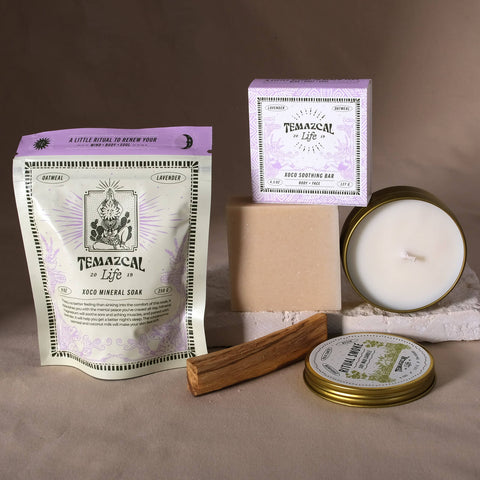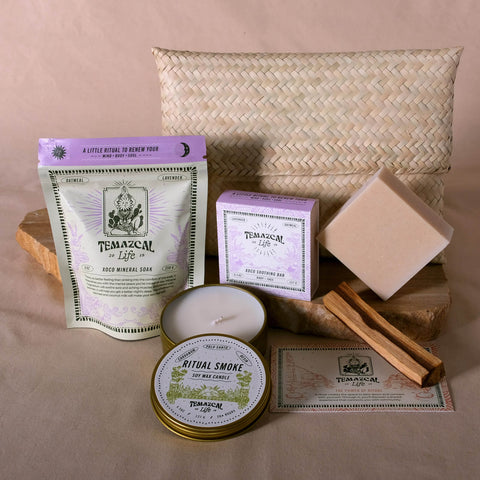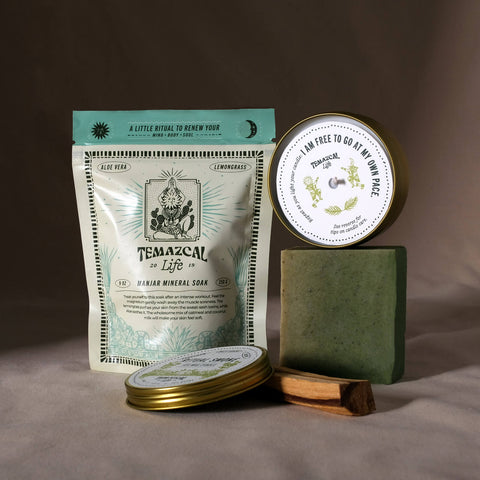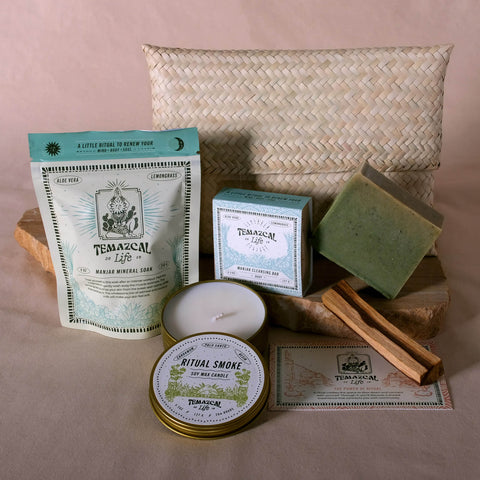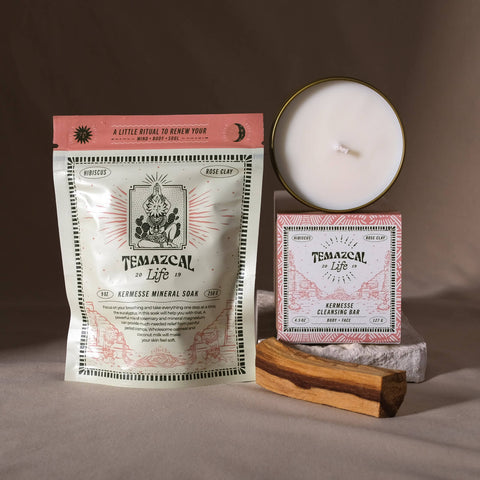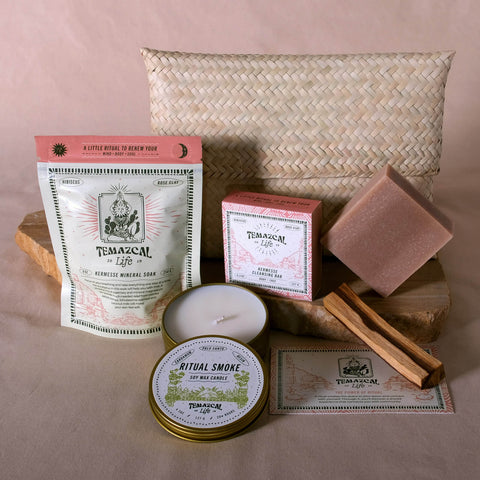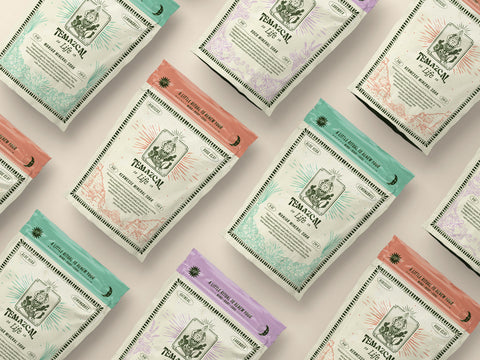
Reducing plastic with biodegradable pouches
Composting is a natural process that transforms organic waste into nutrient-rich soil. It is an environmentally friendly way to reduce waste and improve soil health. Whether you have a small backyard or live in an apartment, composting is a simple and effective way to make a positive impact on the environment. In this blog post, we will explore the basics of composting and provide you with practical tips to get started.
What is Composting?
Composting is the decomposition of organic materials, such as food scraps, yard waste, and leaves, into a dark, crumbly substance known as compost. This process is facilitated by microorganisms, including bacteria, fungi, and worms, which break down the organic matter and convert it into nutrient-rich soil.
Why Should You Compost?
Composting offers numerous benefits for both the environment and your garden:
- Reduced Waste: By composting your organic waste, you can divert it from landfills, where it would release harmful greenhouse gases.
- Improved Soil Quality: Compost enriches the soil by adding essential nutrients and improving its structure, leading to healthier plants and increased yields.
- Water Retention: Compost helps the soil retain moisture, reducing the need for watering and promoting drought resistance.
- Reduced Chemical Use: Healthy soil enriched with compost requires fewer chemical fertilizers and pesticides, minimizing the impact on the environment.
How to Start Composting?
Follow these simple steps to start composting:
- Choose a Composting Method: There are various composting methods, including backyard composting, vermicomposting (using worms), and composting in bins or tumblers. Select a method that suits your space and lifestyle.
- Select a Compost Bin: If you opt for a bin or tumbler, choose one that is sturdy, well-ventilated, and easy to access for turning the compost.
- Add the Right Ingredients: Compost requires a balance of "green" (nitrogen-rich) and "brown" (carbon-rich) materials. Greens include fruit and vegetable scraps, coffee grounds, and grass clippings. Browns include dry leaves, straw, and shredded paper.
- Layer and Moisturize: Alternate layers of greens and browns, ensuring each layer is moist but not soggy. This helps create the right conditions for decomposition.
- Maintain and Turn: Regularly turn the compost to aerate it and speed up the decomposition process. Keep the compost moist and monitor its temperature.
- Use the Finished Compost: Once the compost turns dark, crumbly, and earthy-smelling, it is ready to use in your garden. Spread it around plants, mix it with potting soil, or use it as a top dressing.
Common Composting Mistakes to Avoid
While composting is a straightforward process, here are some common mistakes to avoid:
- Adding Meat and Dairy Products: These items can attract pests and slow down the composting process. Stick to plant-based materials.
- Using Chemicals: Avoid adding chemically treated materials, such as grass clippings from a chemically treated lawn.
- Forgetting to Turn: Turning the compost helps aerate it and prevents unpleasant odors. Don't forget this crucial step.
- Not Balancing Greens and Browns: Aim for a balance of roughly 50% greens and 50% browns to ensure proper decomposition.
Composting is a rewarding and sustainable practice that anyone can adopt. By diverting organic waste from landfills and creating nutrient-rich soil, you can contribute to a healthier planet. Start composting today and witness the positive impact it has on your garden and the environment!
